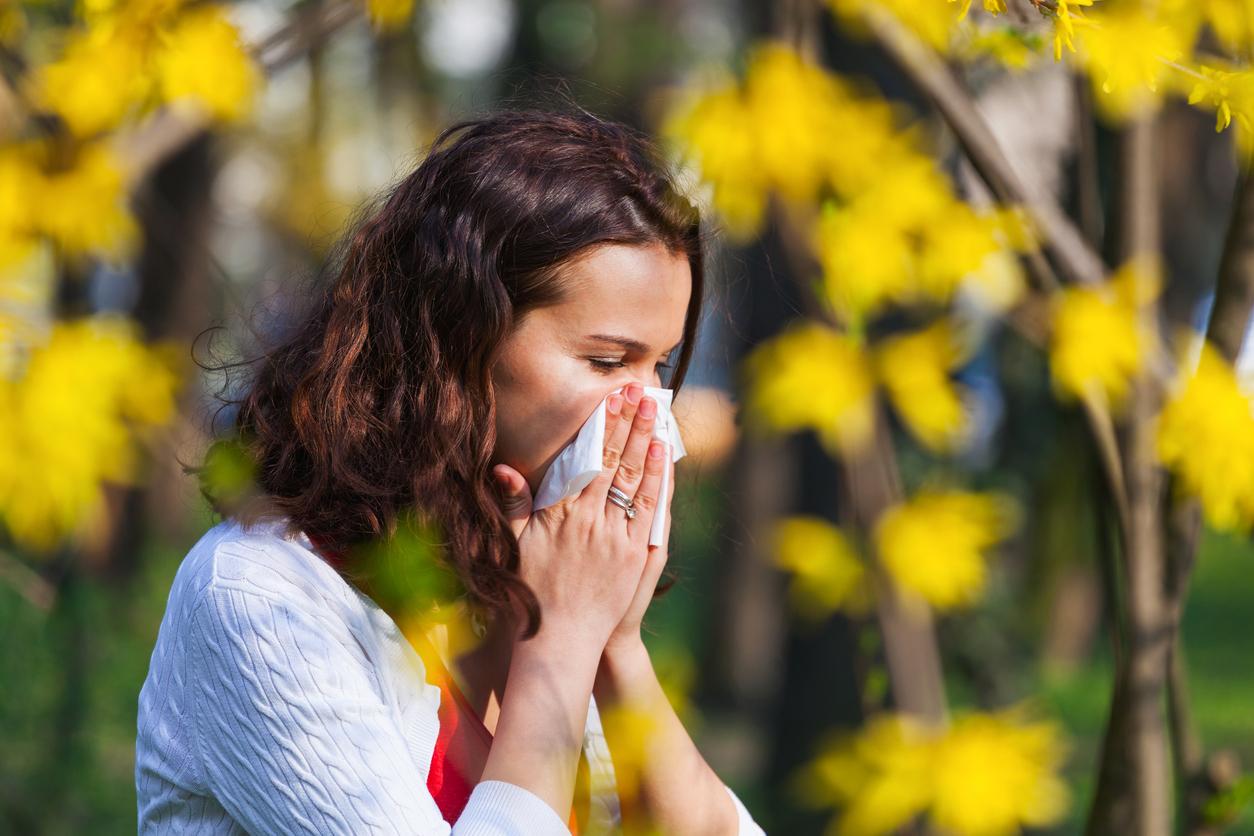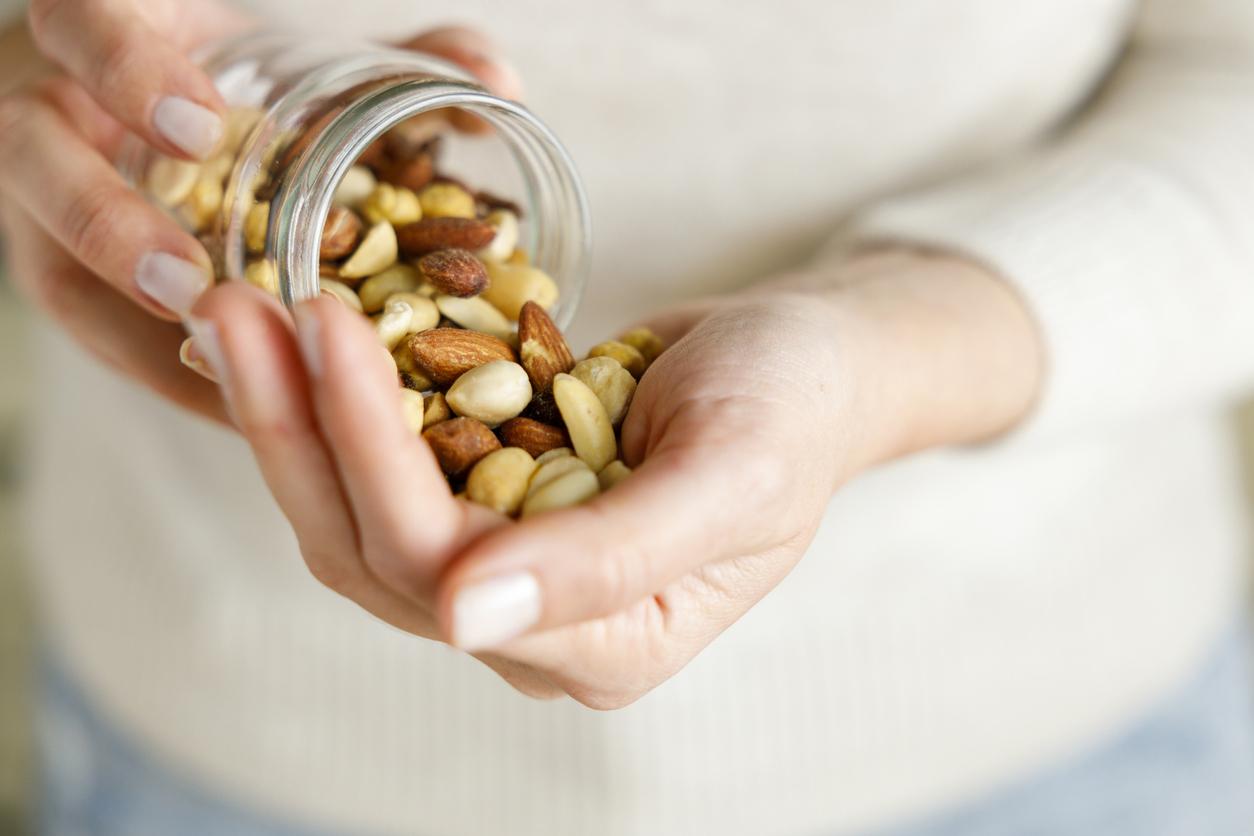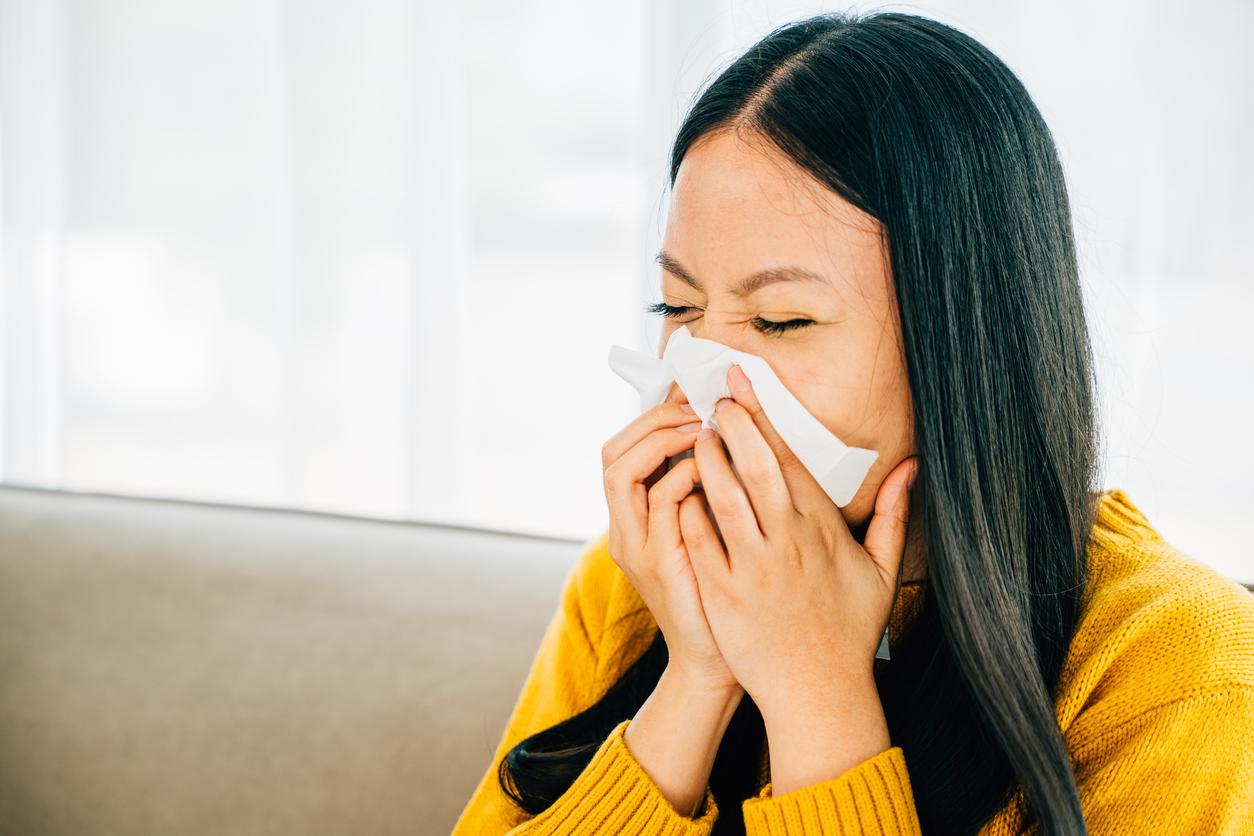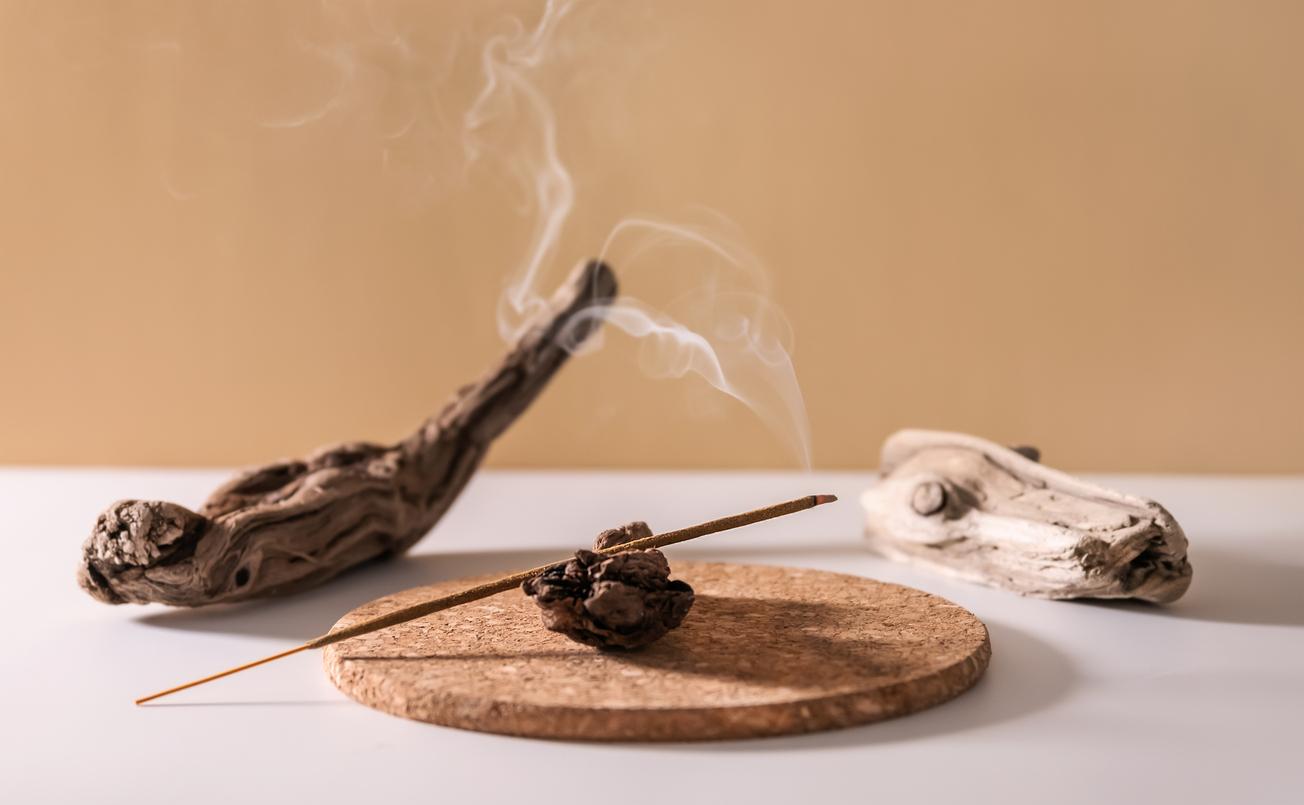Pollens, especially those of cypresses, thuyas and juniper, can already put people allergic in difficulty, alerts the RNSA.

- High rates of pollens of cup-taxaceae have been recorded in 30 departments of metropolitan France.
- The hazelnuts and alders represent an average level but it “will quickly rise in the coming days”.
- Several good gestures reduce the symptoms of allergies to pollens.
The season of allergic rhinitis and stinging eyes begins early this year. Indeed, if you are allergic to pollens, and more precisely to those of cupressaceae-taxaceae (cypress, thuyas, juniper), it will be necessary to be cautious at the level of the South Atlantic coast and the Mediterranean periphery. The National Aerobiological Surveillance Network (RNSA) alerted on February 16, 2025 that high rates of pollens are noted in 30 departments of these regions.
Pollen: 30 departments in the south-east and southwest on high alert
“Watch out for Cupressaceae-Taxaceae pollens (cypress, thuyas, juniper) which greatly annoy allergics from the southwest to the south-east of the country with a risk of high level allergy. They are accompanied by the ash pollens with a Risk of average allergy “warns the RNSA on its website.
People sensitive to Pollens of Hazelnuts and Aulnes (Family of Betulacées) could also encounter some difficulties. These trees are in full bloom throughout the country “With a risk of medium level allergy, but which will go up quickly at high level in the coming days”. Mimosas are also in bloom in the south and can cause local allergies warning experts.
This increase in allergic risk levels was carried by “sunny, soft and windy days “which promote” the dispersion of pollens in the air “they explain in their press release.
There is a spring air in the south ????
The risk of allergy is high from the southwest to the south-east of the country due to the increased presence of cupressaceous pollens (cypress, juniper …) ????
The risk is also average for ash, alder and hazelnut pollens! pic.twitter.com/vy6isesel– National aerobiological surveillance network (@rnsa_pollen) FEBRUARY 16, 2025

Hay cold: how to protect yourself from pollen?
If you are allergic to pollens, several good gestures can help you go through the pollination season more easily. It is recommended to:
- Rinse your hair in the evening: it avoids going to bed with pollen in your hair;
- regularly ventilate the house and the very busy rooms (work office): it is advisable to do it at least 10 min a day, and if possible before rising and after sunset;
- Banking irritating and allergenic factors: the elements that worsen allergy symptoms are tobacco, cleaning or DIY products, interior perfumes, incense, candles, etc.;
- Avoid external activities which lead to an overexposure to pollens such as mowing the lawn, garden maintenance, sports activities …: if you have to do them, favor the end of the day and the port of protective glasses and a mask in order to limit exposure to pollens;
- refrain from drying the laundry outside;
- Keep the windows closed in the event of a car trip.

















